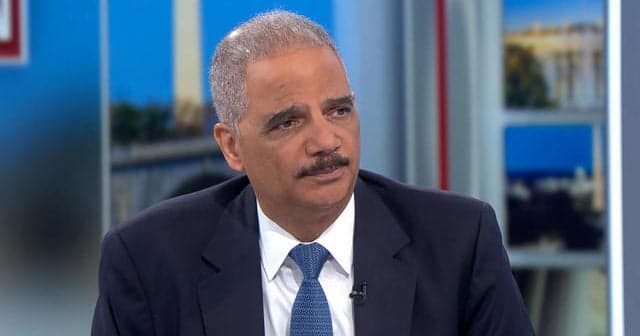Eric Holder Says Supreme Court Threatens Voting Rights, Democracy
In a keynote speech on November 22, 2025, former Attorney General Eric Holder sharply criticized the U.S. Supreme Court, arguing the court has prioritized ideological outcomes over impartial justice and warning of serious democratic consequences. He highlighted recent rulings that he said have weakened campaign finance rules, anti corruption laws and voting rights protections, and he urged legal and civic responses as looming redistricting cases in Louisiana and Texas threaten minority representation.

Former Attorney General Eric Holder delivered a forceful critique of the Supreme Court at the Minnesota Association of Black Lawyers Foundation Gala on November 22, framing recent decisions as part of a broader erosion of democratic norms with tangible consequences for marginalized communities. He said the court has moved away from impartial adjudication toward outcomes with clear ideological slants, and he singled out rulings that he said have weakened campaign finance rules, anti corruption laws and voting rights protections.
Holder, who chairs the National Democratic Redistricting Committee, focused particular attention on two pending redistricting cases in Louisiana and Texas that he warned could reshape minority representation in ways that entrench partisan advantages. He argued that the legal decisions now before the court will do more than redraw maps, they will determine whether communities of color can hold elected officials accountable and secure resources for schools, hospitals and social services.
The stakes reach beyond electoral politics. Public health experts and community advocates warn that diminished political representation can translate into worse health outcomes. When district lines dilute the voting power of Black and Latino residents, local priorities such as Medicaid expansion, maternal health programs, lead abatement initiatives and funding for community health centers can be deferred or blocked. The result is a widening of long standing disparities in life expectancy, chronic disease and access to care.
Holder connected rulings on campaign finance and anti corruption enforcement to policy influence, saying that decisions that loosen limits on political spending allow wealthy interests to shape legislation that affects everyday life, from prescription drug pricing to funding for rural hospitals. Even without citing specific cases, his critique highlighted the interplay between judicial doctrine, political power and policy outcomes that determine who gets access to health care and social supports.
Legal scholars say the coming decisions could set new precedents on how courts treat challenges to electoral laws, potentially limiting federal oversight of voting practices long used to protect minority voters. For advocates on the ground, that legal shift would require a recalibration of strategy. Holder urged a two pronged response centered on litigation and civic mobilization, reinforcing the role of organized legal challenge while also calling for expanded voter engagement and local advocacy to protect representation.
Community leaders and public health officials view the debate as fundamentally about equity. Loss of representation does not affect all communities equally. Those already burdened by socioeconomic inequality stand to lose the most, through reduced investment in prevention programs and weaker emergency response capacity.
As the court prepares to rule on cases that could reshape the political map, Holder’s remarks underscored an urgent message to lawmakers, advocates and voters. The outcomes will influence more than seats and party control, they will shape the capacity of vulnerable communities to secure the health and social services they need.


